The Climate Press Podcast
Listen on
All podcast episodes

The sound of West Africa’s changing climate
How does climate change sound?
Using data from the past and climate projections of the future, our guests transformed climate information from Ghana and Niger into music through data sonification. They use a different approach to communicate climate change and raise awareness of the future impacts of changes in climate and weather patterns.
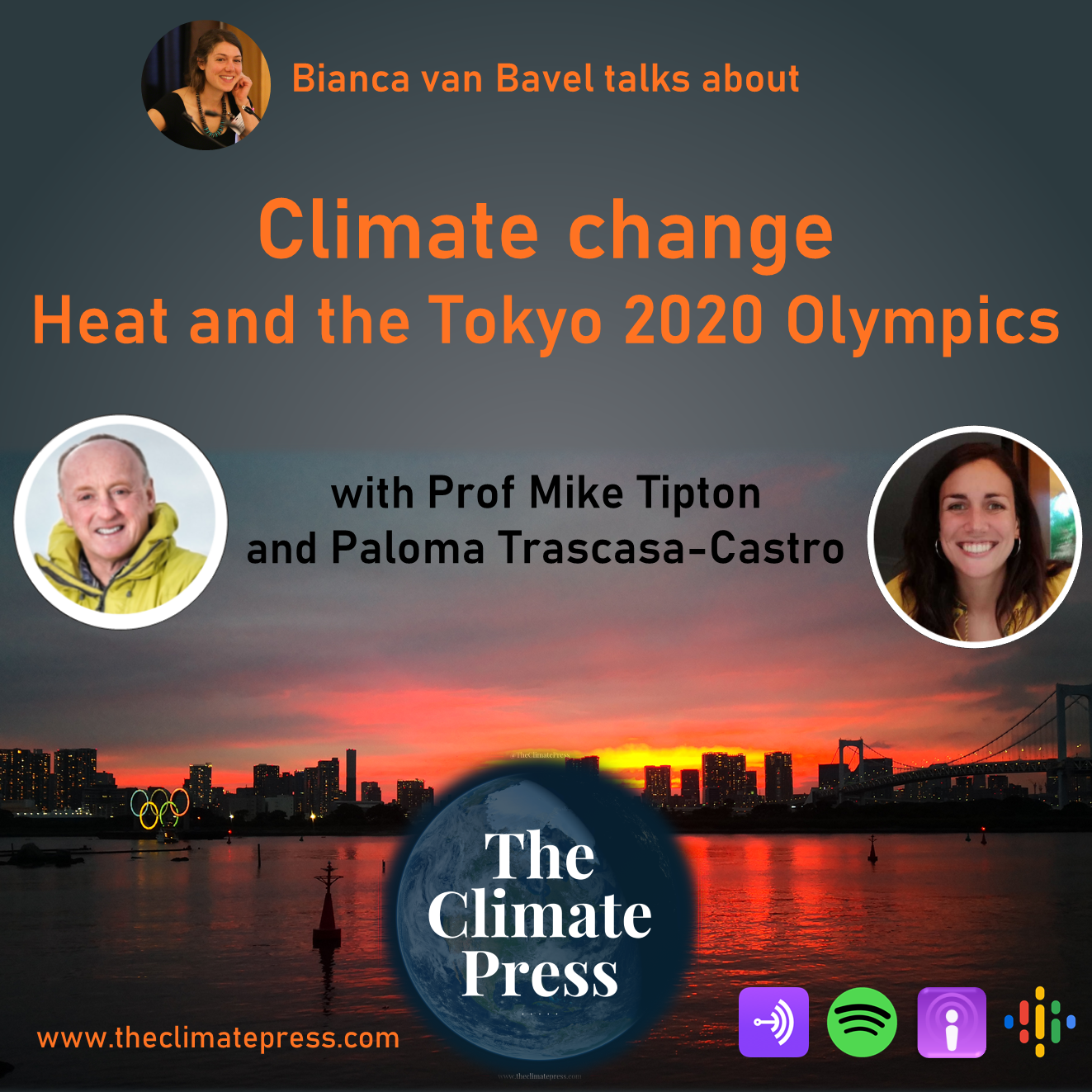
Climate change and the Tokyo 2021 Olympics
The Tokyo 2020 Olympics officially kicked off on July 23rd against the controversial backdrop of surging covid-19 cases and an eerily quiet Tokyo city. On top of this, there are mounting concerns and evidence of how climate change related extreme heat and high levels of humidity are posing risks and impacting athletes at these Olympic games.
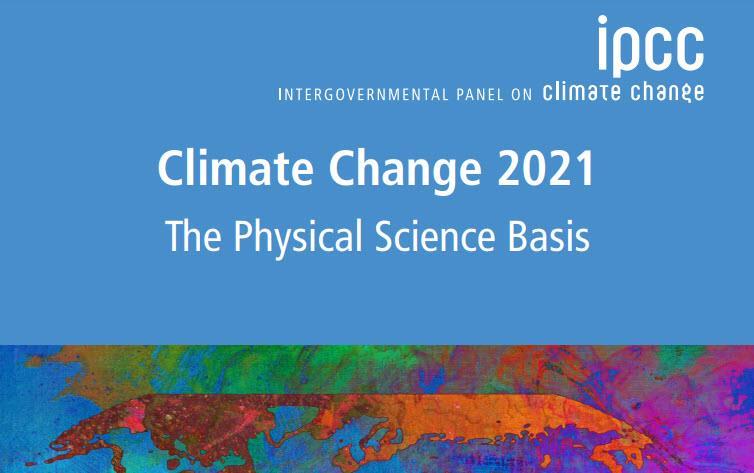
The IPCC’s Sixth Assessment Report – behind the scenes
Dr Amanda Maycock has been a lead author in the Sixth Assessment Report (AR6) of the Intergovernmental Panel on Climate Change (IPCC). In the last 4 years, scientists from around the world have been working on a report that provides key information about the current state of climate change, future projections, adaptation and mitigation.
Amanda shares with us her experience as a first time lead IPCC author and a sneak peek of AR6.
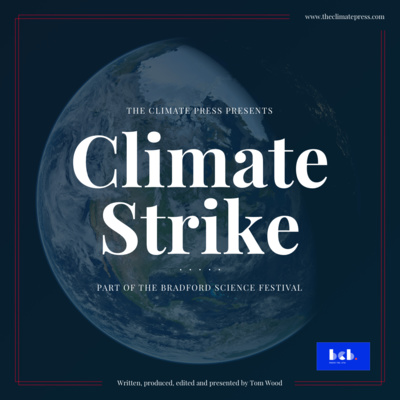
Climate Strike
The documentary features many interviews with protestors at the 2019 Fridays For Future climate strikes, including representatives of the Green Party of England and Wales, Population Matters, Stand Up To Racism, a representative of Bradford Council, NHS in Leeds doctors, a vegan campaign group, International Marxist Tendency (IMT), Dr Cat Scott and Dr Leighton Regayre from the University of Leeds.
And most importantly, young people to gather their perspectives on the climate crisis.
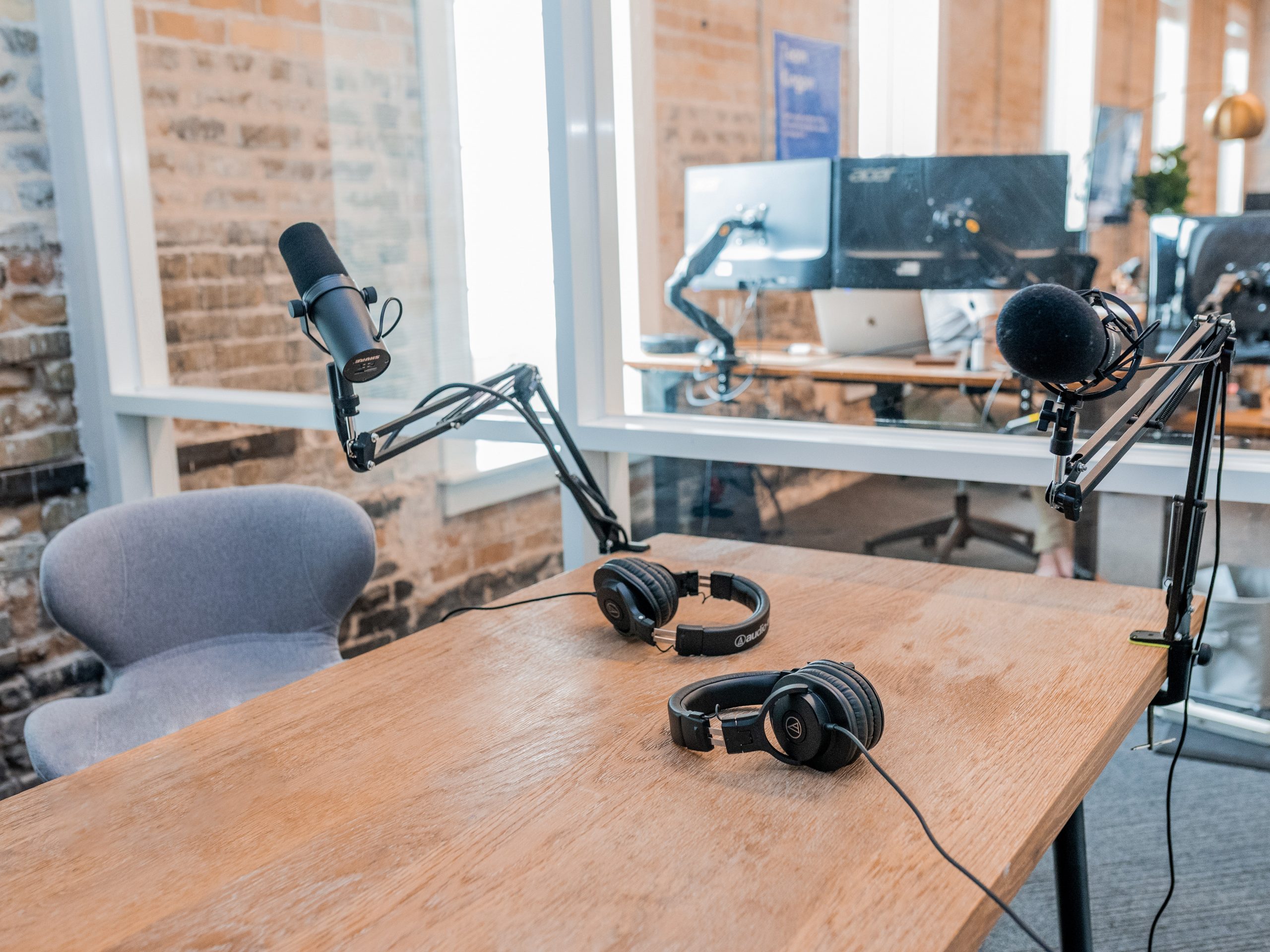
A podcast on how to make a podcast
On this episode we share with you some tips and tricks on how to start you own podcast from scratch without any previous experience. From advice on web hosts to the podcast edition process, we interview ourselves and talk about our own experiences with The Climate Press, how did we start, how did we find our guests, our blogs, etc. At the end all you need is a good idea and willingness to make it happen!

How do we reduce emissions in health systems?
In this episode The Climate Press ventures on a mission to understand what this declaration means in practice for our health services. We focus on a few areas of achievable emission reductions in the health system, including the contribution of emissions from anaesthetic gases and the importance of educating practitioners and patients about more sustainable healthcare services.

Chasing the clouds
In this episode we hand the mic over to a very special interviewer, Anna Lesbros, a 14-year-old student curious to know how climate research is carried out at a University. Anna will infiltrate the Eurec4a project and interview 8 members of the field campaign engaged in researching clouds, circulation and climate sensitivity in Barbados.
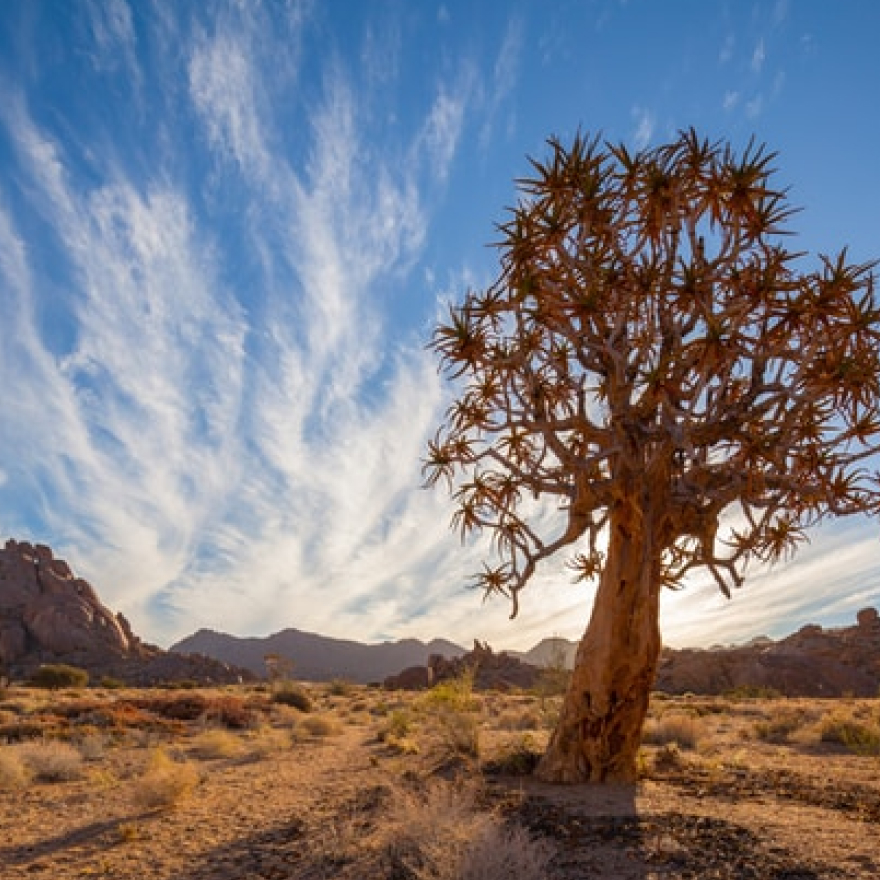
How cool are trees?
Trees are very powerful natural machines that absorb tonnes of CO2 from the atmosphere, store it, and use it to grow. With around a third of the planet covered by trees, deforestation and forest fires are reducing this cover and contributing to climate change. What are some of the additional benefits of trees? Are trees the solution to climate change? Dr Cat Scott tells us all about trees!

Nurturing hope for sustainable cities and low carbon futures
Are you curious about what happens when we engage, educate, and empower people with climate science to envision and build the sustainable cities and low carbon communities they want for themselves?
Our guests in this episode, Stephanie and James, work across spheres of science and art to open the climate change discourse through exploratory learning, collaborative dreaming, collective storytelling, and crowd-sourced visions. In this episode we’re reminded about the importance of making hope possible; rather than despair convincing.

Local experiences of climate change adaptation
This episode highlights the need to consider the ‘baked-in’ vulnerabilities and entrenched inequalities—that are independent of a changing climate—when transitioning towards a future where no one is left behind. We hope you enjoy listening to this vibrant episode and learning about the human dimensions of climate change adaptation across different local contexts.

Ice Sheets and Climate Change
Ice holds one of the best climatic records that we have for atmospheric CO2 with deposits dating back hundreds of thousands of years ago. Tune in as we explore ice sheets and glacial periods of the past, present, and future as well as the beautifully complex relationship between ice sheets, oceans, and climate.

The Ozone Hole Part 2: Present and future projections
Amanda and Martyn are back to teach us more about the ozone hole, how it impacts climate conditions in the southern hemisphere, and the relationship between global warming and ozone depletion. Join us for part 2 of ‘The Ozone Hole’ and find out whether the ozone hole will recover by 2050 and what would have happened to the ozone layer without the Montréal Protocol!

The ozone hole part 1: Science basis and the Montreal Protocol
From how the ozone layer is formed to the discovery of the ozone hole, Amanda and Martyn share with us the scientific background of the ozone hole together with curious history facts and anecdotes. We also talk about the sucess of the Montreal Protocol.

The challenge of climate change communication
As we explore different examples of communicating climate risks to inform everyday decision making, we discuss the role of the scientific community in supporting the public to take action around climate change.

A journey through the history of climate change
From John Tyndall and the greenhouse gas effect to the Kyoto Protocol, Kate Sambrook guides us on an exciting journey through space and time where we explore the pivotal moments in the history of climate change science.
Youth Strike for Climate
On March 15th, over 1.4 million students and supporters across the world, changed the classroom for the streets to fight against “the biggest crisis in human history”: climate change. The Climate Press talked with students, professionals and academics at the Youth Strike for Climate in Leeds, United Kingdom